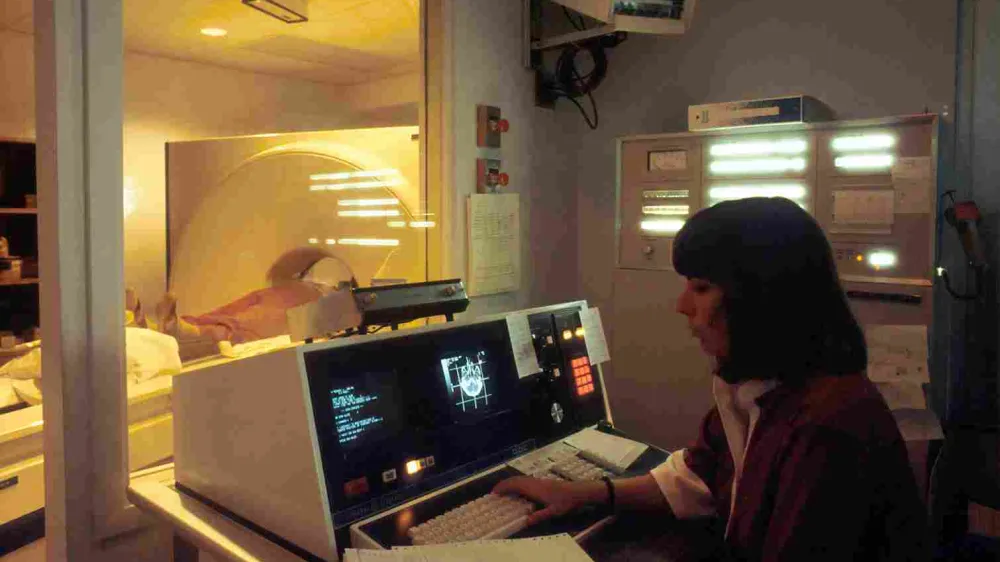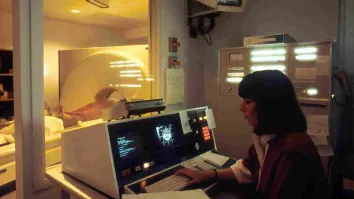High screen time fuels myopia in young children
Singapore sees rising early-onset myopia.
Singapore is witnessing an alarming increase in early-onset myopia among children, a trend health experts attribute to lifestyle changes exacerbated by the pandemic.
Foo Li Lian, Clinical Director, Myopia Service, Singapore National Eye Centre, said, "Nowadays, we see children coming in at a younger age to our centre to seek myopia control treatment. That's also because of the change in lifestyle, particularly after the pandemic.”
The increased reliance on screens and reduced outdoor activities contribute to the problem. "They are also used to staying indoors rather than outdoors, as per previous practices. And all this can contribute to the lifestyle-induced progression of myopia," Foo added.
Foo advised children to spend at least two hours or more outdoors every day, emphasising the "20-20-20 rule," recommending that "after 20 minutes of near work, take a break for at least 20 seconds, look somewhere far, 20 metres away."
Beyond lifestyle adjustments, medical interventions and pharmacological therapies are also employed, "such as varying concentrations of atropine eye drops."
"Current effective policy consists of early screening and early detection so that early intervention can be performed for these children," Foo emphasised. She also highlighted the need for policy changes to make treatments more accessible, suggesting "including myopia itself into insurance policy" to alleviate healthcare costs for myopia management.



















 Advertise
Advertise





